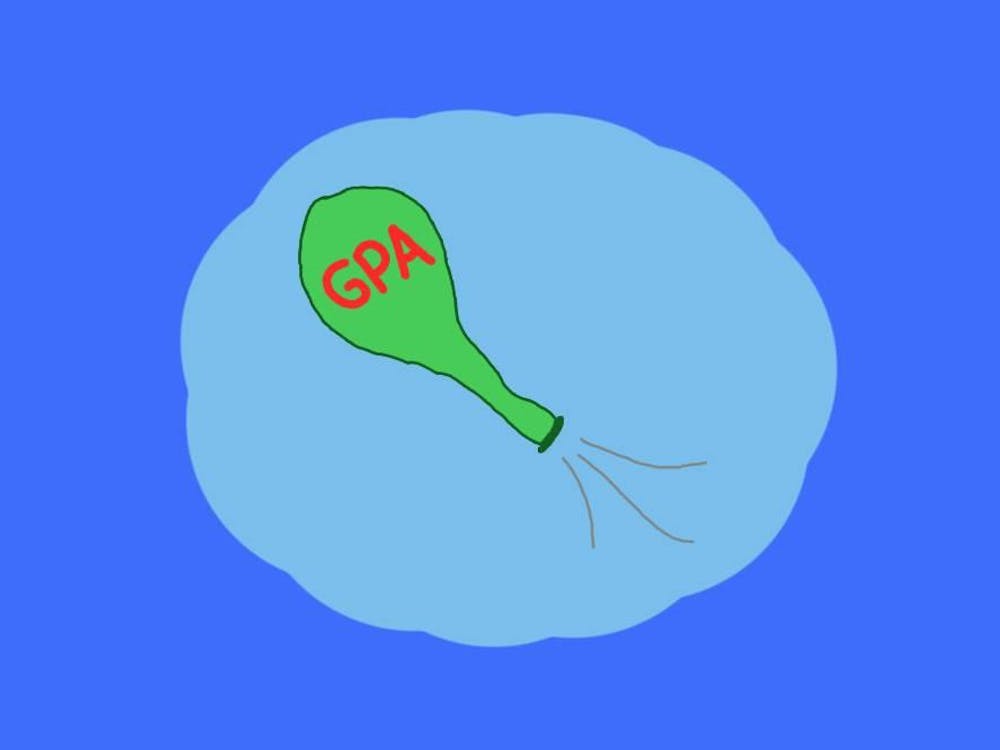AS A RESULT of his offensive comments in a December interview with Sports Illustrated, relief pitcher John Rocker has been suspended from baseball, put on the trading block by his team - the Atlanta Braves - and has become a pariah in sports and society in general. There is no need to quote Rocker's statements again, which have received extensive press coverage. Nor does this column need to print a disclaimer about how his comments were inappropriate - obviously this is the case. There are more important issues here.
Comparing Rocker's words to the misadventures of sports figures and the resulting punishments, it is clear that Rocker's penalty - suspension for the duration of spring training and one month of the regular season - and treatment by the media is an entirely different beast.
Despite the constitutional right to free speech, there is no question that Major League Baseball had the right to suspend Rocker. MLB is a private entity, and the First Amendment has been interpreted to cover only public entities. Whether MLB should have done this, however, is another question.
Was Rocker's crime so heinous as to deserve this penalty? Was it so terrible that it deserved a penalty stricter than the ones doled out to the player who spit in an umpire's face and remarked about his dead son, or the player who threw firecrackers at fans, or the player who beat up his wife? Why is Rocker a pariah, while these other individuals have continued to play with relatively minor consequences? Their crimes certainly seem worse, or at least as bad. Rocker did make inappropriate comments, but he has repeatedly apologized for them. This was his first transgression, while there have been other players who have shown a repeated propensity for violence or drugs.
Is Rocker's behavior really as bad as it has been made out to be? Baseball Commissioner Bud Selig exemplified the attempts to turn Rocker into a social outcast by first recommending him for a psychological evaluation and then, in announcing the suspension, saying that Rocker "brought dishonor to himself, the Atlanta Braves and Major League Baseball."
In this era of political correctness, the type of racism that Rocker exhibited is unacceptable. However, if a black player from New York had criticized white rednecks in the South there would be barely a murmur in the media. There would certainly be no calls for a psychological evaluation; nor would there be discussion of the dishonor brought on baseball.
There are innumerable examples of certain types of prejudice being acceptable, while others can turn one into a social anathema. For example, CNN founder and Braves owner Ted Turner has said, "Christians are losers," and made Pope John Paul II the butt of a Polish joke while ridiculing the Ten Commandments. Consider the comments of widely respected political leader Jesse Jackson, who, while talking to a black reporter for The Washington Post, called Jews "hymies" and labeled New York City "Hymietown." Or Nation of Islam leader Louis Farakhan's statement on a March 11, 1984 radio show, when he said "Hitler was a very great man."
Yet these are not even the most striking comparisons. It is shocking when the most serious punishments are dealt out for words and not actions. Rocker was punished more harshly for his words than players who attacked fans, other players or their wives or girlfriends. He will almost certainly be more reviled than Latrell Sprewell, the basketball player who attempted to choke his coach, or Mike Tyson, a convicted rapist who bit off a piece of an opponent's ear.
This all shows the pervasiveness of political correctness. We have been trained to completely shut off someone like Rocker who attacks groups that are protected under the umbrella of political correctness, while we can openly support men like Farakhan who have time and again spewed hateful speech. Certainly Rocker should be censured, but the gods of political correctness demand a larger sacrifice than just censure. They want him to be an outcast.
This is not a phenomenon unique to baseball. Its pervasiveness has reached the University, as we saw with the attempts to censure and remove Board of Visitors member Terence P. Ross for remarks that not only were not racist, but were truthful. The reason for this reaction? Ross' comments cast the groups protected by political correctness in a bad light.
There are things we may not like in society, things we may not like to hear, but that does not mean that when we hear them we can cry for psychological evaluations and absolute ostracism. There should be particular revulsion to the Rocker case at the University, and everywhere in higher education, because we exist in a marketplace of ideas. People like Selig and all those who try to limit speech and debate are trying to limit that marketplace.
(Peter Brownfeld's column appears Monday's in The Cavalier Daily.)




